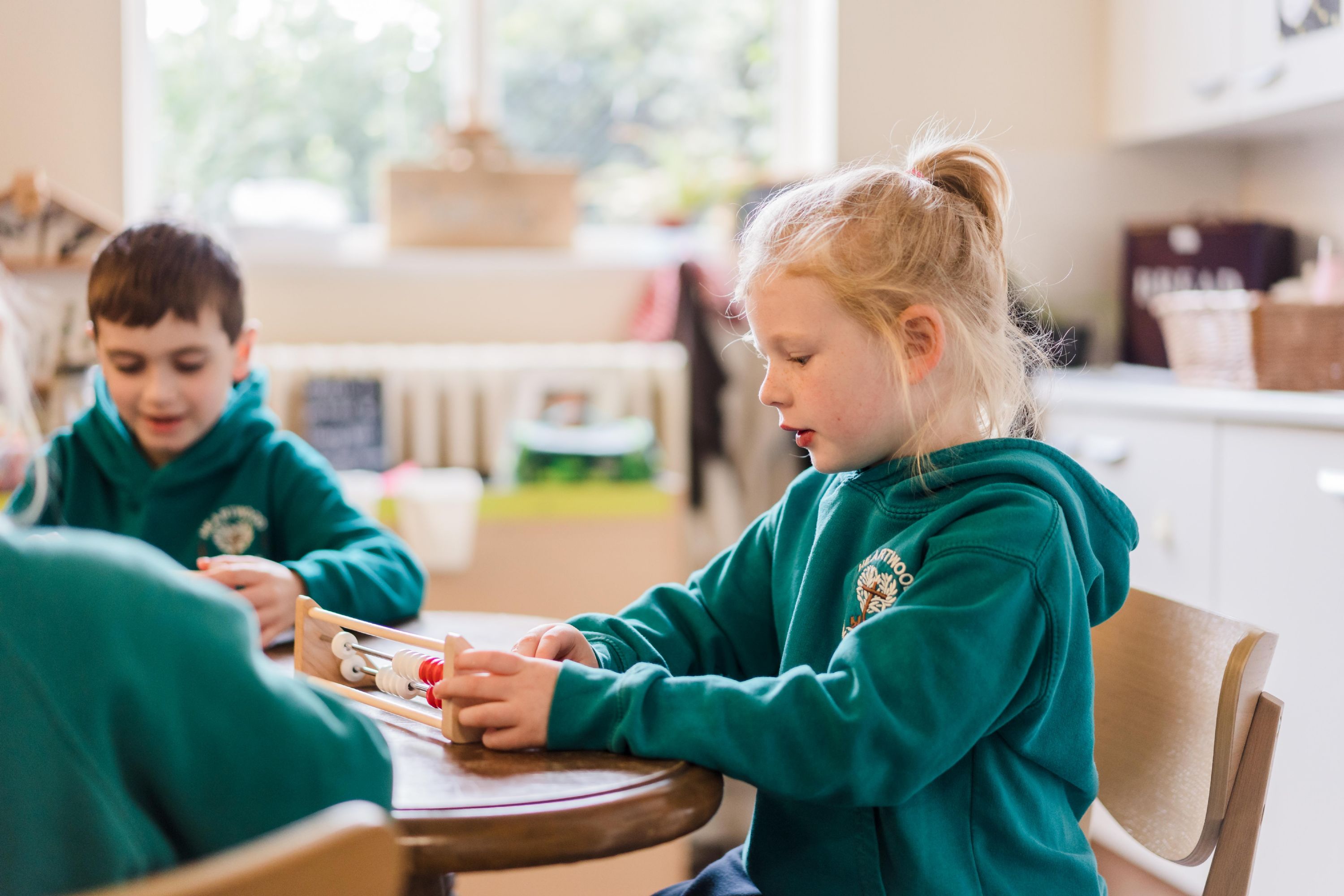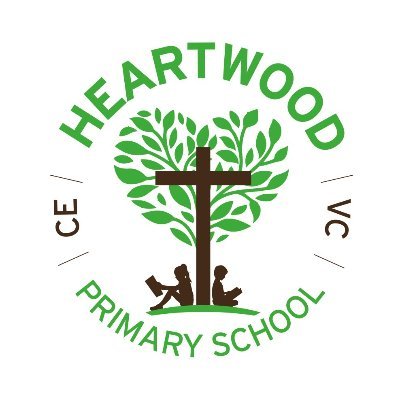Maths

"We believe that math is from everywhere, in everything and for everyone. Anyone can be a math person when they don't just learn math, but experience it.'' Liz Neiman, Vice President of engagement at Mind Research Institute.
Aim
The aims and objectives of Maths teaching are in line with the National Curriculum and enable children to:
- become fluent in the fundamentals of mathematics, including through varied and frequent practice with increasingly complex problems over time, so that pupils develop conceptual understanding and the ability to recall and apply knowledge rapidly and accurately.
- reason mathematically by following a line of enquiry, conjecturing relationships and generalisations, and developing an argument, justification or proof using mathematical language.
- can solve problems by applying their mathematics to a variety of routine and non routine problems with increasing sophistication, including breaking down problems into a series of simpler steps and persevering in seeking solutions.
Intent
Mathematics teaches children how to make sense of the world around them through developing their ability to calculate, problem solve and reason. To do this, children will have a positive mind set towards maths and develop their fluency to access the curriculum.
The aim of the Maths curriculum is to allow children to become fluent mathematicians who are confident to reason and problem-solve. We ensure that our mathematics curriculum is accessible to all children and that all children have the chance to succeed, regardless of their starting points. A high-quality mathematics education provides a foundation for understanding the world, the ability to reason mathematically, an appreciation of the beauty and power of mathematics and a sense of enjoyment and curiosity about the subject.
We believe in the importance of nurturing growth mindset including ‘mistake friendly’ classrooms where children see mistakes as learning tools – there is an emphasis placed upon developing the power to ‘think’ and 'explain'. Through our mastery development, we strive to instil the mind-set in every child and staff member that everyone can do maths and that maths is for everyone.
Implementation
Our Maths curriculum is carefully structured to ensure seamless progression and the development of essential skills, reflecting our high expectations for pupil outcomes.
In Early Years, we use Mastery Number to support planning and sequential lessons. These lessons are carefully designed to underpin the Early Learning Goals, providing a solid foundation that enables all children to become successful mathematicians in Key Stage 1 and beyond. Continuous provision within the EYFS also provides further opportunities to practice, apply and embed their mathematical understanding.
From Key Stage 1, Maths lessons are delivered daily, which for consistency and progression are planned alongside the use of White Rose and Third Space Learning. We methodically develop pupils' fluency, problem-solving, and reasoning skills, employing a concrete, pictorial, and abstract (CPA) approach to learning.
Maths meetings occur daily across both KS1, which follows Mastering Number and in KS2, which involves repetition of concepts to help all children make the transfer of knowledge from their short term memory to their long term memory, therefore reducing their cognitive load.
Impact
Children are curious and have developed a love of Mathematics that enables them to calculate, problem solve and reason with fluency and confidence. Furthermore, children have developed a stronger foundation in place value and number knowledge, which has enabled a stronger ability to use different strategies to problem solve and reason. Children are challenging themselves to reason through describing, explaining, convincing, justifying and proving.
